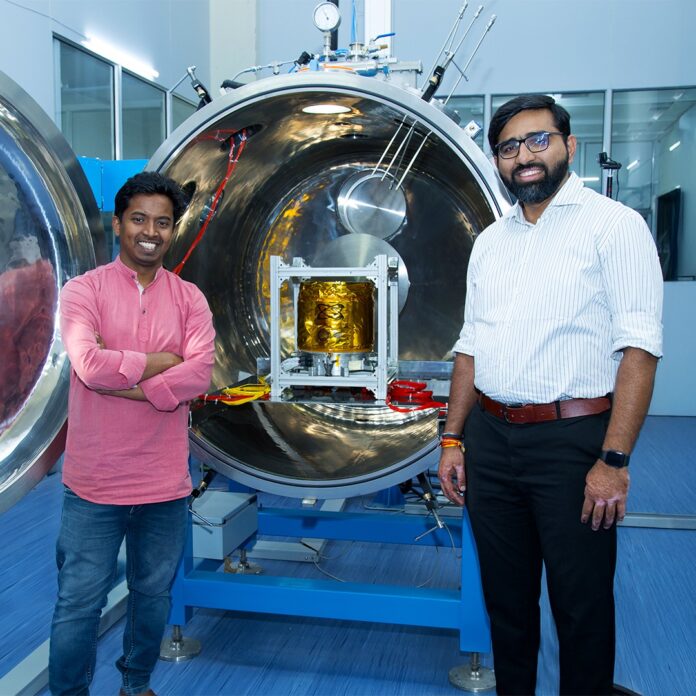Bengaluru, August 12 — Manastu Space Technologies has raised $3 million in an extended Series A round to fast-track the commercial deployment of its sustainable propulsion and in-orbit refuelling systems. The round was led by Bengaluru-based venture capital firm Capital-A, marking its first investment in the space-tech sector.
Existing backers—including Capital 2B, IAN, E2MC, the Bhagnani family office, Jeet Chandan, and other notable angels—also participated, reaffirming their confidence in Manastu’s differentiated technology and long-term vision. Lodha Capital acted as the exclusive investment banker for the transaction.
The funds will support:
- Commercial rollout of Manastu’s green propulsion and debris-avoidance solutions
- Development of in-orbit servicing technologies: satellite refuelling, deorbiting, and mission life extension
- Global expansion across the US, Europe, and Asia, engaging satellite OEMs and constellation operators
India’s space-tech sector is gaining momentum. According to IN-SPACe (2024), the private space economy is projected to grow from $8 billion in 2022 to $40 billion by 2040. Manastu’s eco-friendly propulsion systems and servicing infrastructure position it to lead this transformation.

Founder’s Vision: Tushar Jadhav, Co-founder and CEO, said: “We’re reimagining propulsion and satellite servicing from first principles—safer, greener, and mission-extending. With our green propellant already demonstrated in orbit and refuelling systems under development, we’re building the infrastructure for sustainable space operations. Backing from Capital-A enables us to scale globally with confidence.”
Investor’s Perspective: Ankit Kedia, Founder of Capital-A, added: “Manastu’s solution is technically sound and commercially scalable. Their successful in-orbit demonstration gives them a clear edge, and the timing is right as demand grows for sustainable space systems.”
Founded by IIT Bombay alumni Tushar Jadhav and Ashtesh Kumar, Manastu Space is pioneering sustainable space mobility. Its flagship green propulsion system enhances satellite manoeuvrability while reducing reliance on toxic fuels like hydrazine. The company’s in-orbit servicing offerings also help mitigate orbital congestion and extend satellite lifespan.








